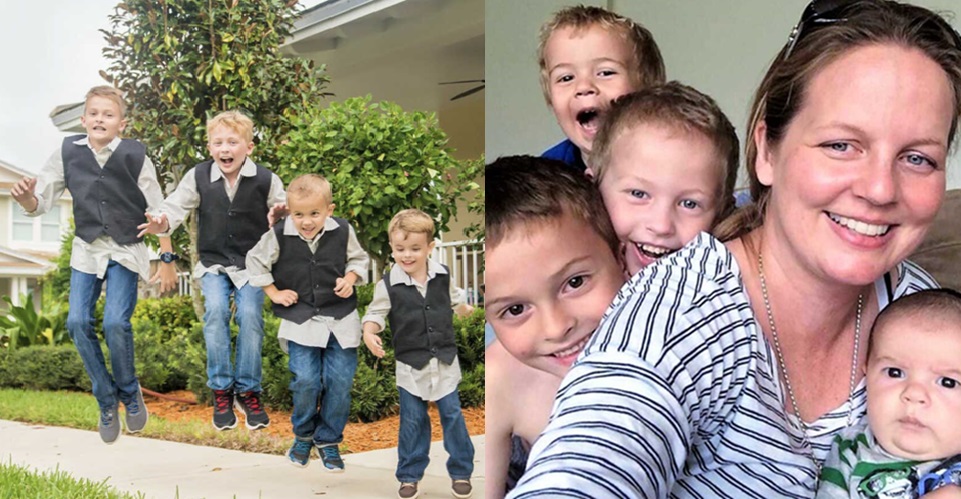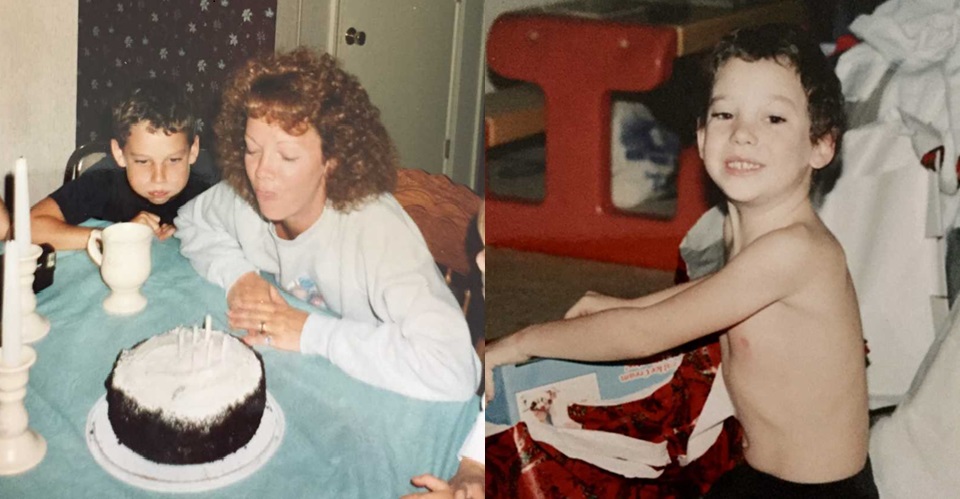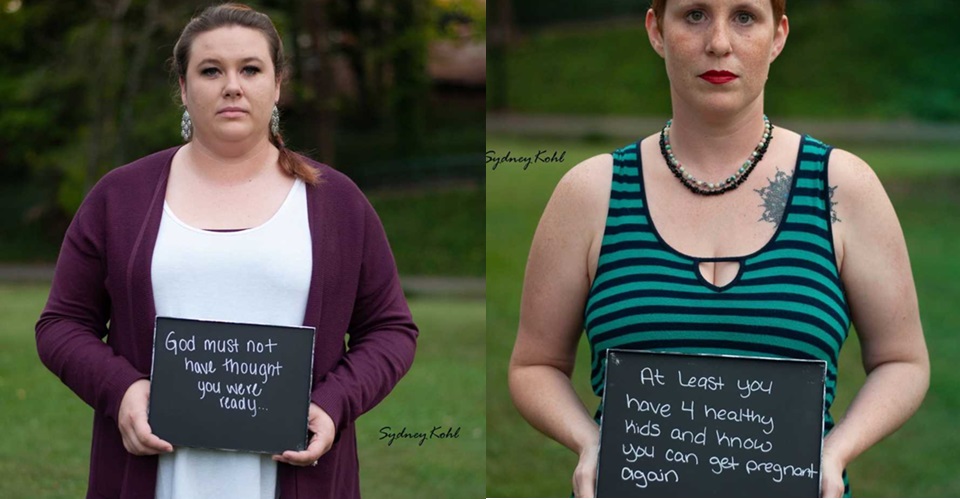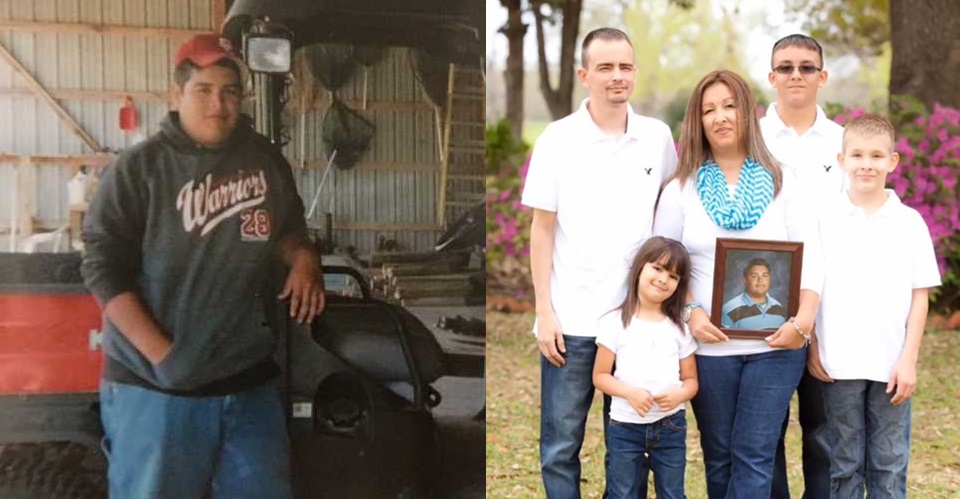In a room full of numbers and machines, the most potent medicine is a mother’s quiet nod, saying, “You’re not alone.” She sits in a gray waiting room, holding her son and watching her mother across from her do the same. They haven’t exchanged names, but they already understand each other in this place.
Their worlds run on the exact words: “ejection fraction,” “EKG,” “echo,” “cath,” “pressure,” “left ventricle,” “ACE inhibitors,” “beta blockers.” They may not be cardiologists, but they know exactly what each term means for a child’s next day, next month, next chance. What both mothers want is simple: to hear “unchanged,” or on the bravest days, “normal range” and “improved.”

The woman across the room barely looked up when the chair squeaked. It isn’t rudeness; it’s focus. Her child was her whole horizon. The first mother gets it. She shifts, tightens her hold, and settles into the same quiet hope. Side by side, without speaking, they make space for courage, counting breaths, studying monitors, replaying the last doctor’s words.

The room feels sterile and cold, yet it holds a hush that makes people whisper prayers under their breath, God, Allah, Jehovah, different names, one plea: please let the news be good. She notices the other mom’s tired eyes and careful outfit: neat hair, light makeup, soft clothes. It’s the kind of look you choose when today might be long, and tears might come, and you might not make it home tonight. At her feet was the big bag, the not-everyday one with the heavy strap. It’s packed for “what if”: a phone charger, cash, spare clothes, an old hairbrush, and a dentist’s free toothbrush. This bag awaited by the front door at home, ready to grab, and unnecessary if the best words came back from the lab.
Their glances meet, and they trade a small smile. It’s shy, but full of meaning: I see you. I’m scared too. Let’s both get through this. They could talk for an hour about meds and numbers, but the most essential were silent love, fear, faith, and grit. Under fluorescent lights, they each do the invisible work of mothering a medically complex child: learn fast, ask questions, carry hope, and remember snacks.

She thinks of how strange it was to feel spiritual in a place of machines. Maybe it’s because everyone in the room was leaning on something bigger, each person handing up the same request in a different language. Perhaps it’s because love makes even metal chairs feel like sacred ground when a child is in your arms. Either way, the weight in the room isn’t only a worry, it’s also a belief. She studies the other mom’s hands and imagines her thoughts racing ahead, What will school look like? Will the new dose help? Can we make plans for next weekend or not? Then the child shifts, and the questions fade.

She strokes his hair, and everything narrows to this minute. Across the room, the first mother does the same with her boy. They both know a quiet rhythm: hope, breathe, wait. If she could speak without breaking the spell, she’d say, Add me to your prayers, and I’ll add you to mine. Let’s ask for the exact three words for both of our children and all the days after. She’d thank the stranger for the small kindness of that cautious smile, for sitting close enough to make the fear feel less loud. She’d wish her a lifetime of “unchanged,” with surprises of “normal range” and “improved.” A nurse calls a name that isn’t theirs. The moment stretches, then settles again.
The machine keeps ticking, the second hand circles, and two mothers keep holding on. When one finally stands to follow a white coat down the hall, she gives the other a brief nod, the kind you send when words are too heavy. The nod says everything: I’m with you. May the news be kind, and may the bag by the door keep gathering dust.












